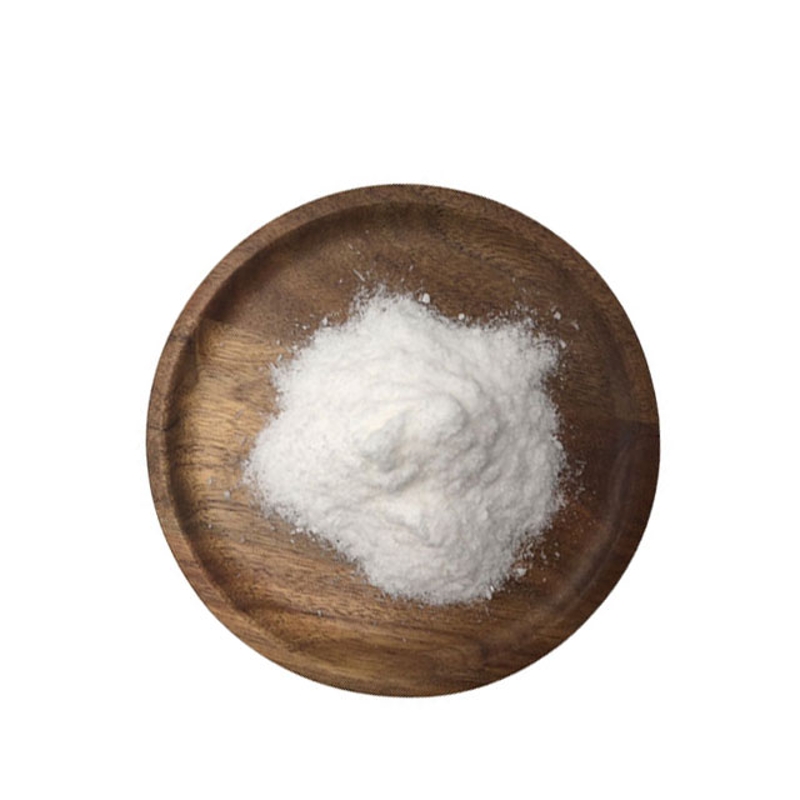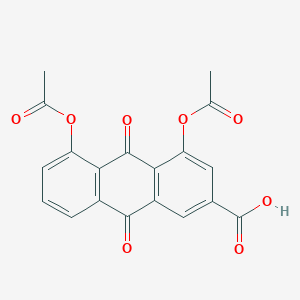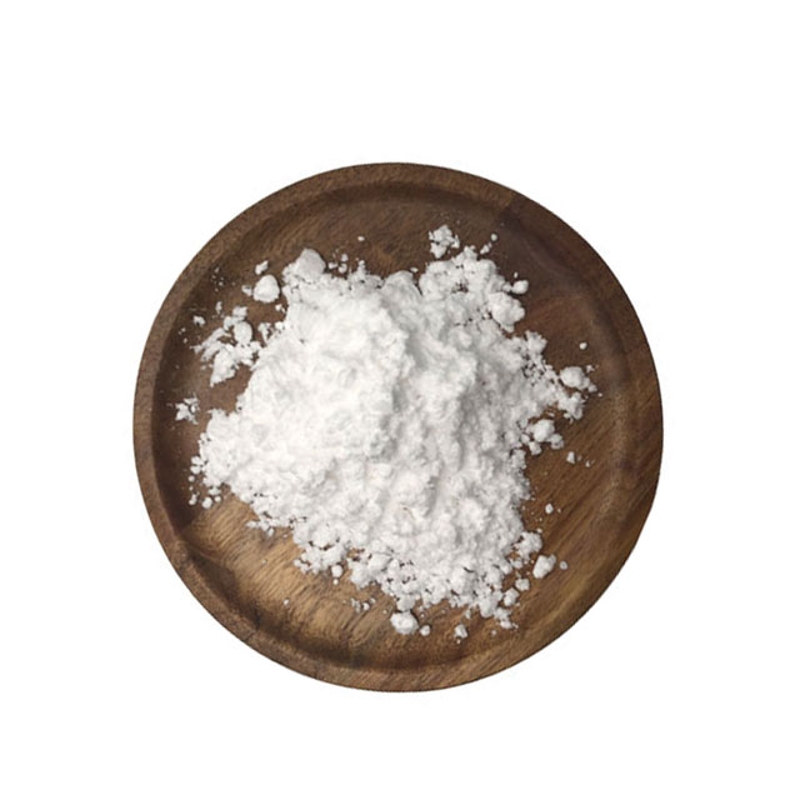-
Categories
-
Pharmaceutical Intermediates
-
Active Pharmaceutical Ingredients
-
Food Additives
- Industrial Coatings
- Agrochemicals
- Dyes and Pigments
- Surfactant
- Flavors and Fragrances
- Chemical Reagents
- Catalyst and Auxiliary
- Natural Products
- Inorganic Chemistry
-
Organic Chemistry
-
Biochemical Engineering
- Analytical Chemistry
- Cosmetic Ingredient
-
Pharmaceutical Intermediates
Promotion
ECHEMI Mall
Wholesale
Weekly Price
Exhibition
News
-
Trade Service
February 5, 2021 // -- Inflammation is part of the body's immune response to fighting pathogens and removing infections, but patients with heart disease often experience chronic inflammation that damages the health of their body's heart, even if the body does not show any signs of infection.
recently, in a study published in the international journal Circulation, scientists from Tufts University and other institutions revealed the molecular mechanisms by which the body activates T-cells, a class of immune cells, and promotes inflammation of the heart.
researcher Professor Pilot Alcaide said: 'Not all inflammations are the same, and we do need to look at the function of the heart and other organs at an immunological level to try to develop new targeted therapies specific to disease.'
When a heart attack or other problem damages the heart so that it can't pump enough blood to meet the body's needs, the heart tries to compensate by pumping blood more quickly, and myocardial cells have to work harder, a pressure that causes it to release molecules called reactive oxygen.
Photo Source: Unsplash/CC0 Public Domain By analyzing the hearts of mice, the researchers found that these reactive oxygen products modify specific proteins in the heart so that the body's immune system sees them as a potential threat;
confirmed that these modified proteins appear to appear in the heart tissue of heart failure patients.
chronic inflammation can lead to changes in the heart's structure, and the heart muscle expands or produces fibrosis tissue, which hinders its ability to pump blood effectively and causes the disease to worsen.
But strategies to treat or try widely targeted reactive oxygen have not yet been successful, and researchers often intervene by interfering with other aspects of the host body's immune system or the necessary physiological processes.
As researchers continue to improve their understanding of how T-cells are activated in heart patients, they hope to develop more targeted therapies, and they are now testing the possibility in mouse bodies that special agents are used to bind specific molecules that alter protein function in the heart.
Actually, we can effectively suppress inflammation and heart abnormalities that usually occur, so we hope this study will have a significant impact on the treatment of heart failure in humans,' said Ngwenyama, a researcher at the University of New China.
() Original source: Njabulo Ngwenyama, Annet Kirabo, Mark Aronovitz, et al. Isolevuglandin-Modified Cardiac Proteins Drive CD4+ T Cell Activation in the Heart and Promote Cardiac Dysfunction, Circulation (2021). DOI:10.1161/CIRCULATIONAHA.120.051889







